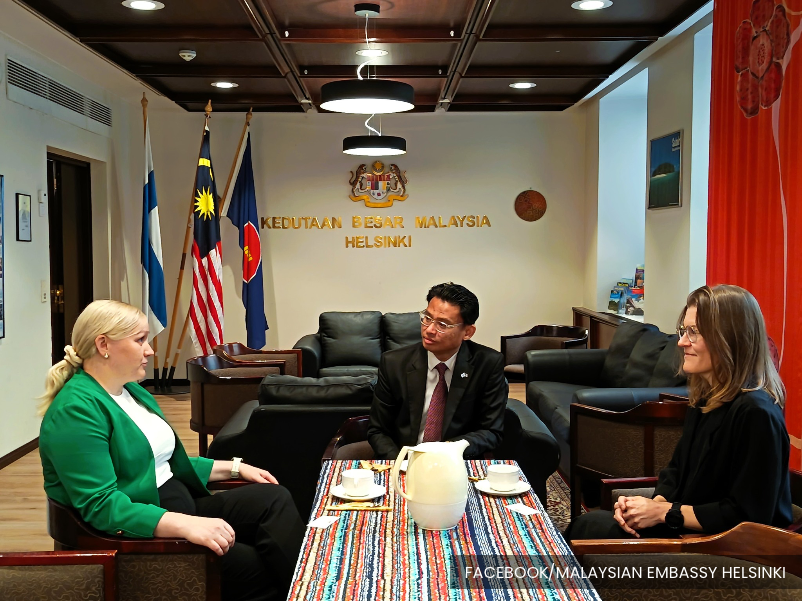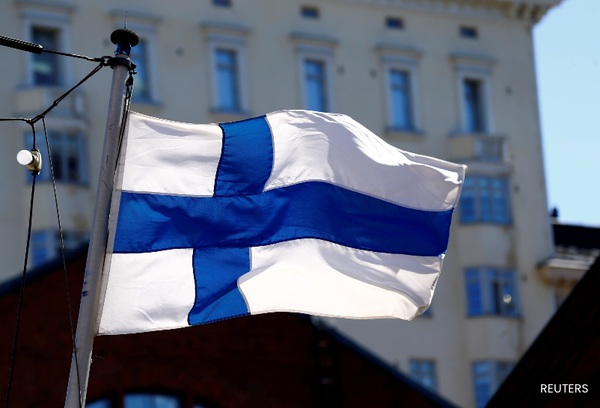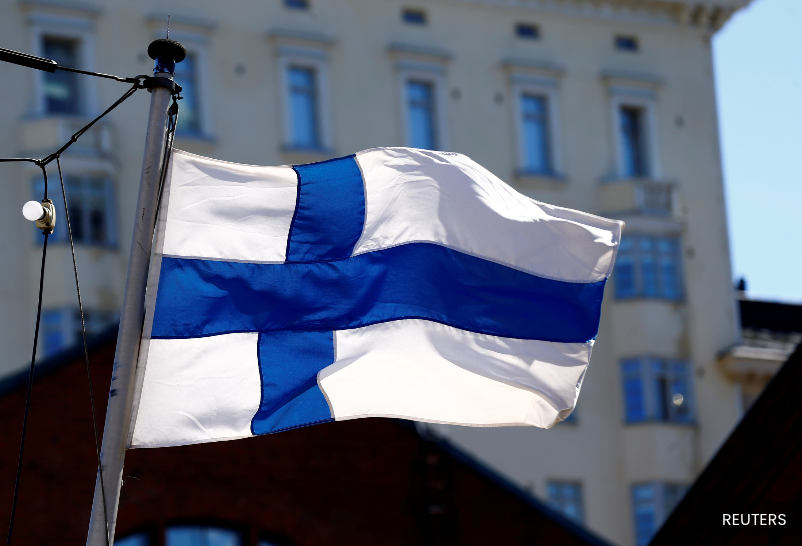HELSINKI, Oct 7 — Malaysia aims to double exports to Finland by 2030 particularly in key sectors such as electronics, halal food and green construction materials.
Malaysia’s chargé d’affaires ad interim in Helsinki, Al-Fadil Adam, is optimistic that the export volume could increase significantly, supported by strong engagement in trade missions and ongoing efforts to adopt European Union (EU) regulatory standards.
“Malaysia’s bilateral trade relations with Finland remain steady and show promising potential, particularly in sectors aligned with sustainability, technology and niche exports.
“The emphasis should be on quality, compliance and partnership to strengthen Malaysia’s position in the Finnish market,” he told the Bernama reporter attending the media programme ‘Climate Solutions from Finland’.
He said Malaysia’s total trade with Finland rose 1.5 per cent to RM953 million (US$220 million) in the first seven months of 2025 compared with the same period last year.
During the period, exports increased 21.3 per cent to RM440 million (US$101 million) while imports declined 11.1 per cent to RM512 million (US$117 million) compared with the corresponding period in 2024.
Malaysia’s main exports to Finland were electrical and electronic products (59.3 per cent), meal manufactures (8.9 per cent), rubber products (7.5 per cent), processed food (five per cent), and chemicals and chemical products (4.8 per cent).
Meanwhile, Malaysia’s main imports from Finland were manufactures of metal (26 per cent), chemicals and chemical products (21.1 per cent), electrical and electronic products (13.8 per cent), machinery, equipment parts (11.2 per cent) and processed food (10.4 per cent).

Al-Fadil said Malaysia is also seeking to leverage Finland’s advanced circular economy practices in waste management, green infrastructure and sustainable product design.
He said by adopting Finland’s approach, Malaysia could accelerate its green transition while aligning with international trade and sustainability standards.
“Finland is a global leader in circular economy practices, driven by strong national strategies, public-private innovation and sectoral expertise in bio-economy, sustainable forestry and waste management.
“Malaysia can benefit greatly by tapping into this expertise, particularly as it works to modernise key sectors like palm oil, forestry and manufacturing,” he said.
In 2024, Finland was Malaysia’s 55th global trading partner, while Malaysia was Finland’s 33rd global trading partner.


